Projects
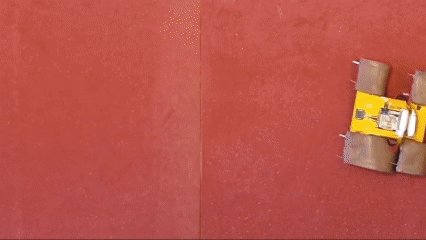
Autonomous Untethered Micro Soft Robots
This project tackles the prevailing limitations in microrobotics, specifically the lack of autonomy and the reliance on external tethers. Our objective is to develop autonomous untethered micro soft robots by ingeniously integrating state-of-the-art soft actuators and mechanisms — capable of precise control and powered by compact onboard electronics and power sources. The project also focuses on the strategic incorporation of miniaturized sensors and the implementation of resource-efficient SLAM algorithms, all within a robust and innovative robotic framework. This initiative represents a significant leap forward in the field, aiming to enhance the operational independence and versatility of microrobots.
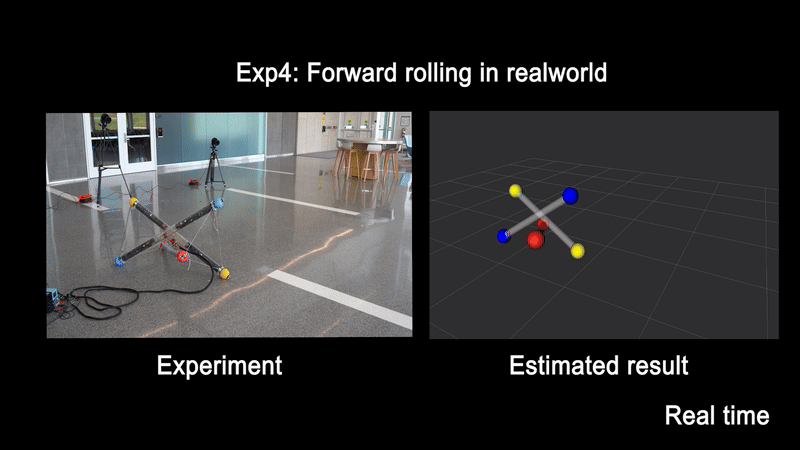
State Estimation for Soft Robots
Soft robots present a unique challenge, as their control algorithms and kinematics rely on continuously changing shapes. This makes real-time estimation of both the robot’s shape and pose essential. Our research focuses on developing a proprioceptive state estimator for soft robots, which reconstructs the robot’s shape in the body frame as kinematic information. Additionally, we integrate inertial measurements aided by contact information to estimate the robot’s position and orientation using an Invariant Extended Kalman Filter (InEKF). For more details, check out our paper .
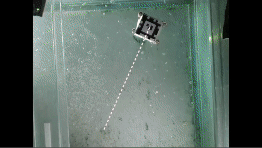
SLAM and Sensor Deployment for Soft Robots
Soft robots present a unique challenge for Simultaneous Localization and Mapping (SLAM) due to their transformative nature and distinctive locomotion. Traditional SLAM algorithms, designed with rigid robot frames in mind, fall short when applied to the dynamic framework of soft robots. Our project is at the forefront of overcoming this obstacle. We aim to innovate by redesigning the SLAM architecture specifically for soft robots. This involves optimizing sensor deployment within synthetic environments prior to actual implementation, thus paving the way for effective SLAM application in the ever-evolving domain of soft robotics.

Autonomous Impact Resistant Tensegrity Robots
Tensegrity robots, distinguished by their composition of rigid struts and flexible tendons, are emerging as ideal candidates for space exploration thanks to their exceptional resilience against harsh impacts. Despite their potential, challenges such as low speed, limited maneuverability in unstructured terrains, inadequate onboard sensing, and a significant simulation-to-reality gap have limited their practical application. Our project is focused on overcoming these challenges by developing a fully autonomous tensegrity robot. This robot will feature advanced maneuverability and enhanced impact resistance, tailored for extreme environments. Our approach includes the implementation of a modular mechanical and electrical design, complemented by a distributed SLAM system operating onboard. This system is further bolstered by a computationally efficient physics engine, ensuring the robot's adeptness in navigating and adapting to complex terrains.
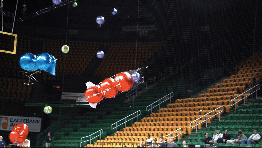
Autonomous Soft Lighter-Than-Air (LTA) Vehicle (Sponsor: ONR)
This project is centered on the development of a soft LTA vehicle equipped with advanced onboard perception, localization, and path planning capabilities. Our goal is to compete in the semiannual Inter-University Defend The Republic (DTR) competition, organized by the Office of Naval Research. The project is structured into three specialized teams: hardware, control, and perception. We are actively seeking talented students to join our efforts. Additionally, we are pioneering novel soft robotic propulsion mechanisms specifically designed for LTA vehicles.
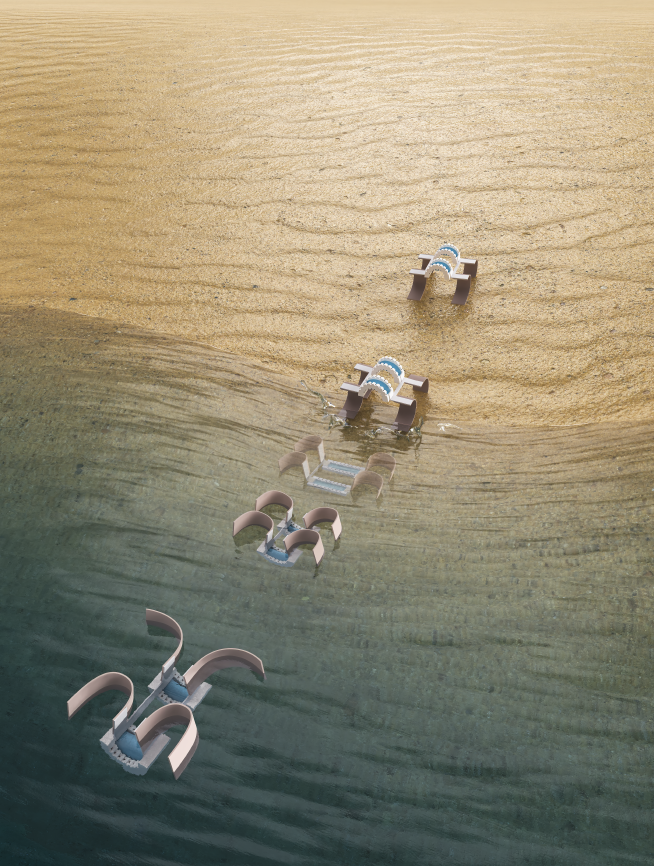
Untethered Reconfigurable Soft Robots (URSoRo) with Multimodal Locomotion for Amphibious Unstructured Environments by Soft Electromagnetic Actuator (Sponsor: NSF)
This project aims to develop a new class of untethered, reconfigurable, and multimodal amphibious soft robots (URSoRo), enhanced by a machine learning (ML) design tool. These robots will utilize innovative soft bistable electromagnetic (EM) actuators, allowing them to rapidly adapt and reconfigure to navigate complex and challenging environments. By harnessing the reconfigurability and morphability of soft robots, this project seeks to advance their environmental adaptability and promote practical applications, including search and rescue missions, monitoring of wildlife and vegetation, and infrastructure inspections in extreme environments.

Autonomous Wall Climbing Robot
Details to be released.

Autonomous Pipe Climbing Robot
Details will be released soon.

Autonomous Vine Robot with Active Precise Turning
Details will be released soon.
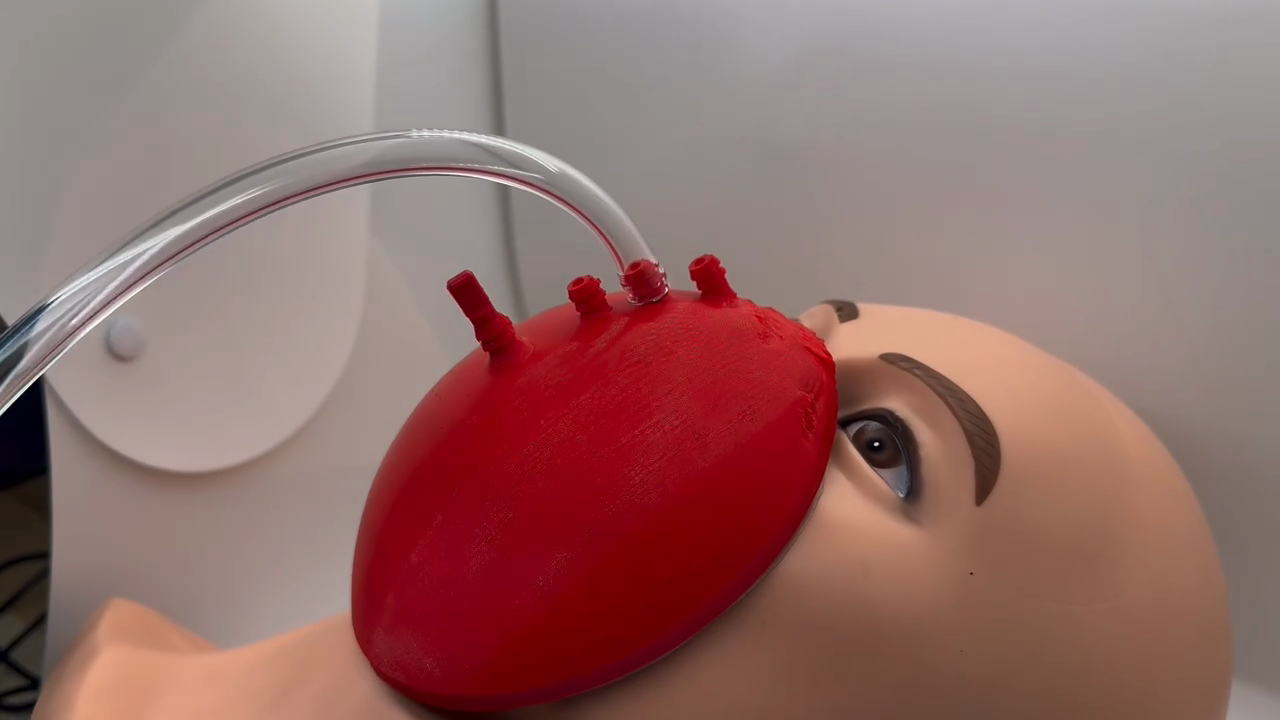
Soft Robotic Face Mask
Standard-of-care face masks require continuous application of force and healthcare provider attention in order to maintain position over the nose/mouth and avoid large leaks. We are developing a soft robotic face mask for respiratory support that self-seals to the patient’s face without any provider intervention.

Modular Soft Robotic Arm (Sponsor: General Motors Research and Development)
Details will be released soon.

Photorealistic Multi-Agent Collaborative 3D Reconstruction of Warehouse Scene (Sponsor: General Motors Research and Development)
Details will be released soon.
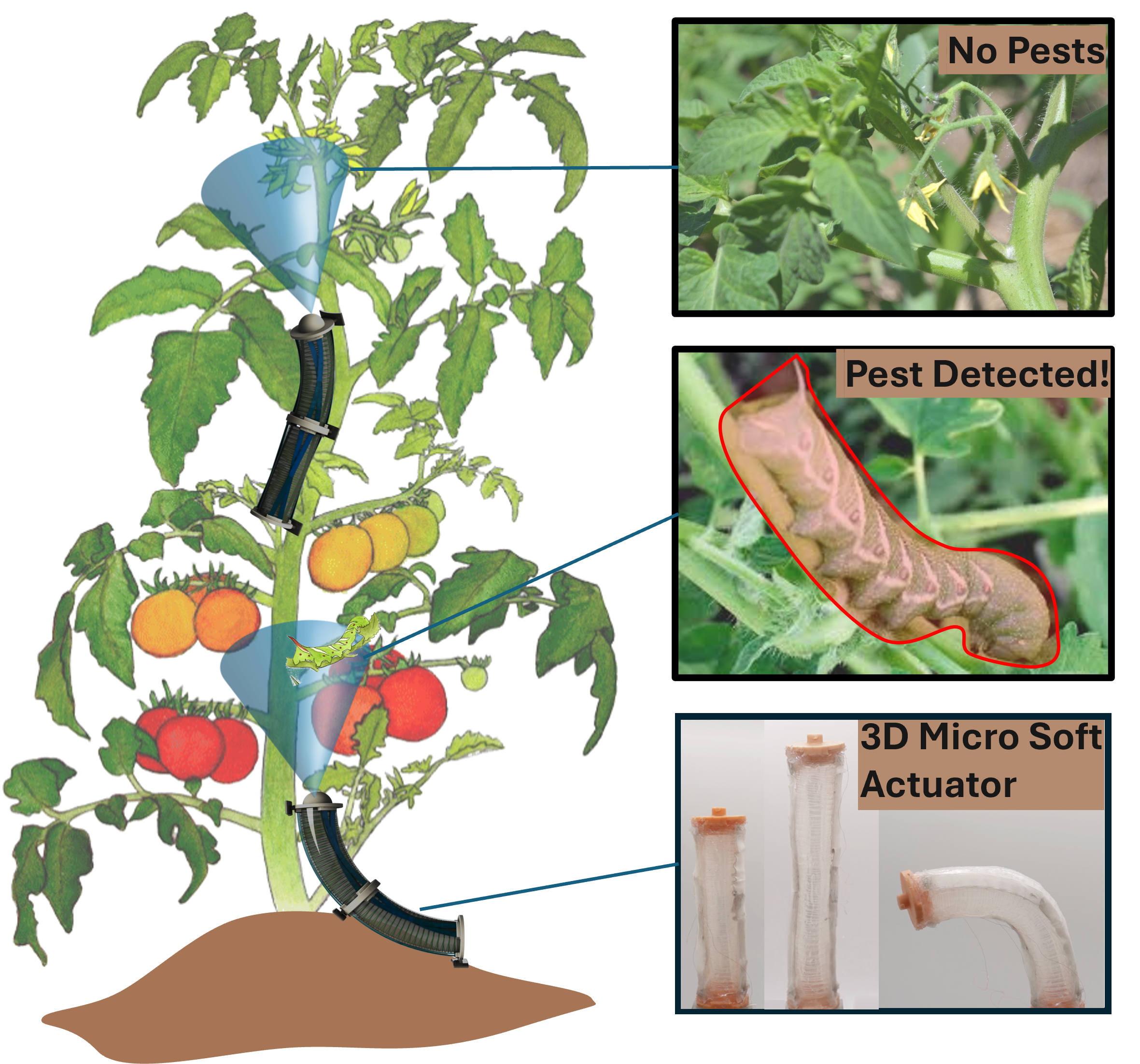
Autonomous Plant Climbing Microrobots for Pest Inspection.
Details will be released soon.
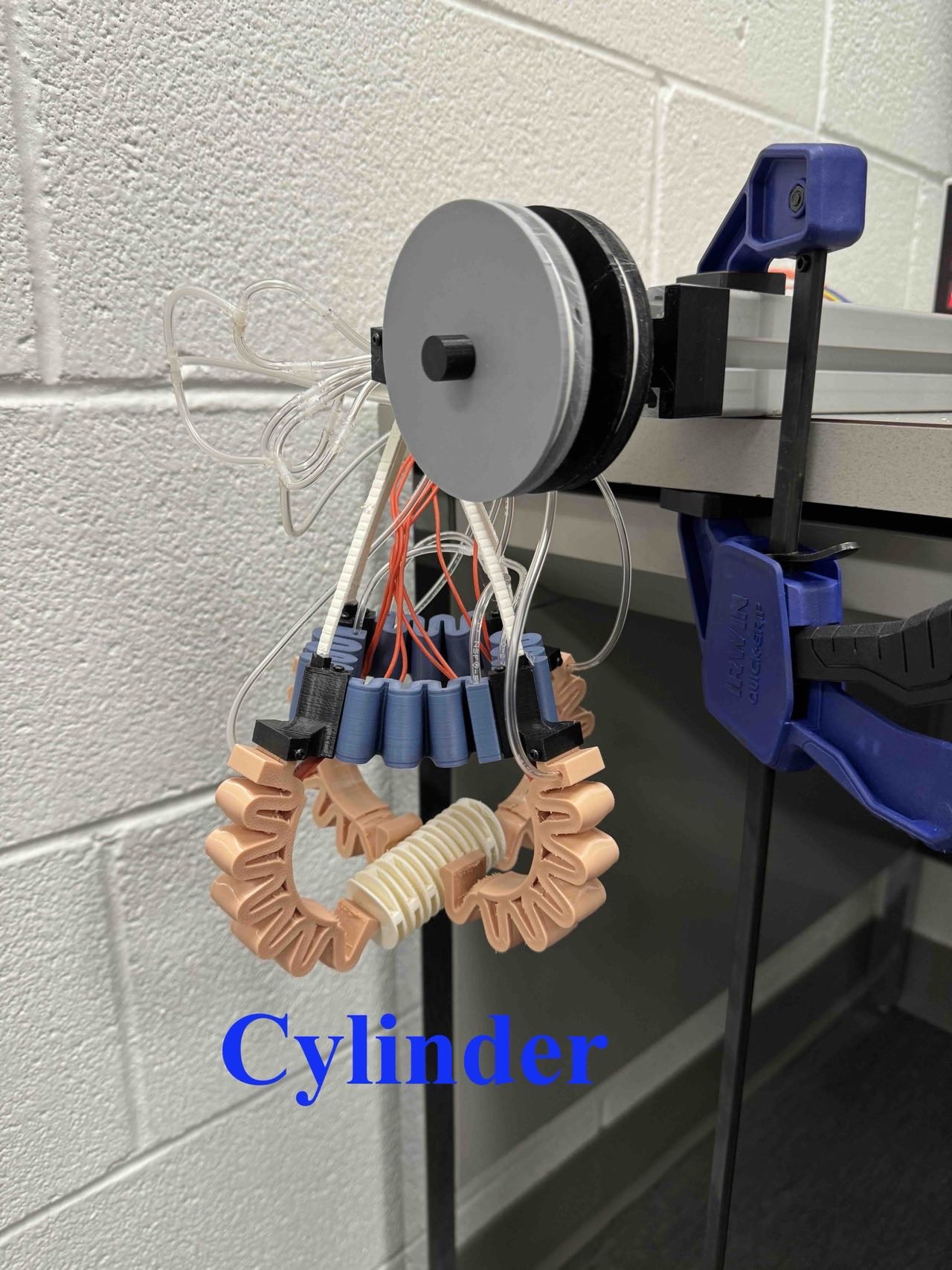
Autonomous Adaptive Grasping with Soft Grippers.
Details will be released soon.